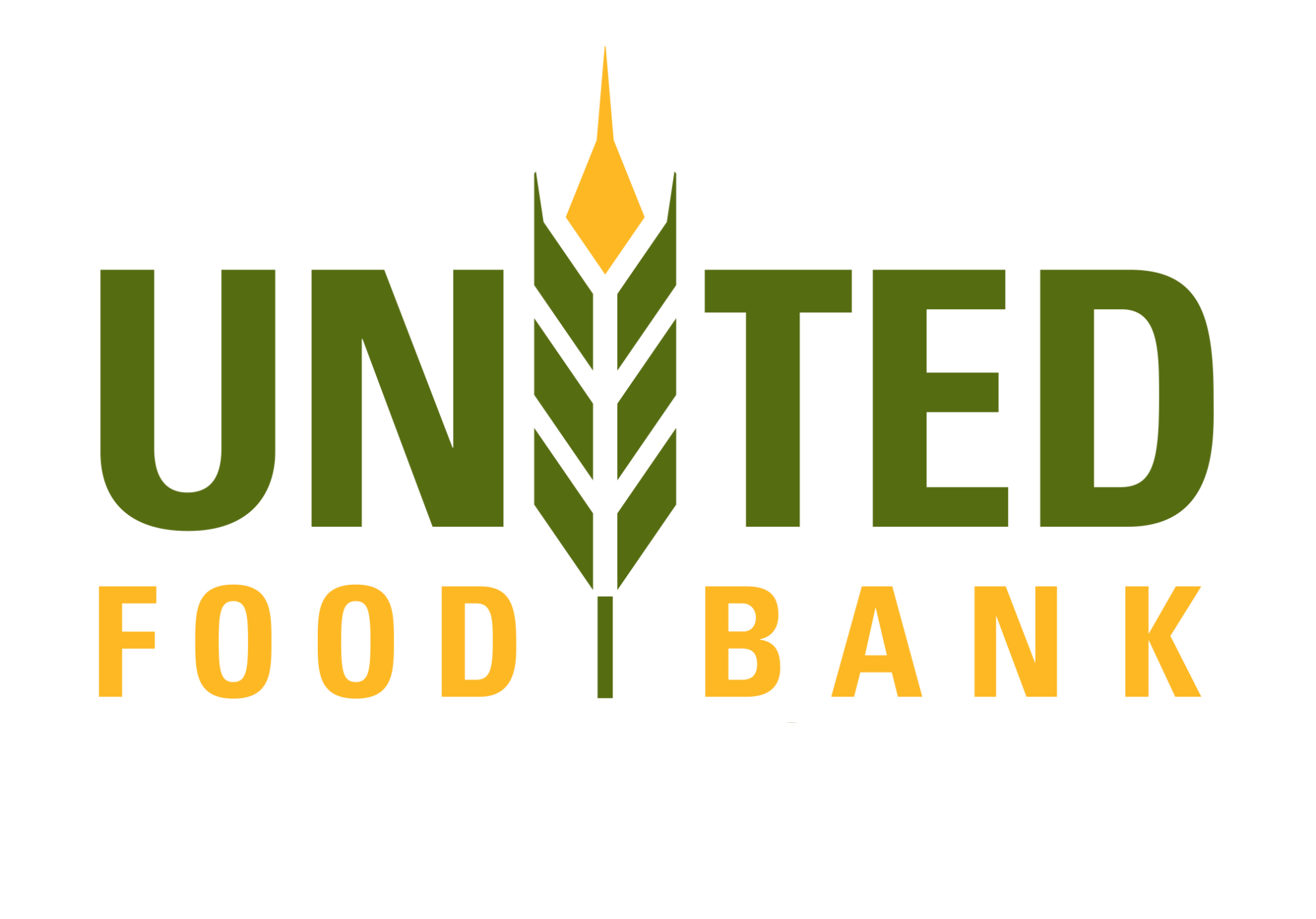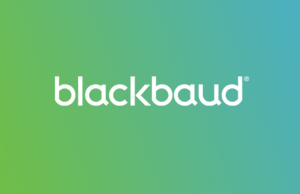The United Food Bank (UFB) is trying to raise an additional $350,000 to keep up with increased transportation and storage costs associated with a boost in food donations as a result of tariffs, according to a report from Marketplace.org.
As the U.S. and China exchange retaliatory tariffs threats in an escalating trade war, the Trump administration in August authorized up to $12 billion to aid farmers. As much as 10 percent of that could go to purchase food from U.S. farmers that normally would have been sold to China. That will be a boon for local food banks and other nutrition programs.
The Mesa, Ariz.-based UFB usually distributes between 20 million and 21 million pounds of food each year and will have an additional 850,000 pounds of food this year as a result of the new tariffs, President and CEO Dave Richins told Marketplace.org. The food bank also will receive 3 million more pounds of food from a United States Department of Agriculture (USDA) harvest program.
Richins told Marketplace.org the organization is trying to raise an additional $350,000 to keep up with the increased transportation and storage costs for the food donations.
Feeding America in Chicago, Ill., reports food banks across the country may see an additional $300 million in expenses. “Some of the food banks are worried they might not be able to accept all of the food that might come their way because they can’t afford to pay additional truck drivers, lease the trucks,” Carrie Calvert, managing director of government relations at Feeding America, told Marketplace.org.
UFB is focusing on dealing with the immediate effects of the food surplus. Richins reports that although it will be a challenging time for the organization, the food surplus could provide three million additional meals for residents in the Mesa area. The food bank last year reported $42.2 million in revenue on its annual tax form, with $37.6 million coming via non-cash contributions and $4.2 million in government grants. It raised $444,326 in federated campaign revenue and $67,114 from fundraising events, according to its Form 990 for Fiscal Year Ending 2017.
While all food banks likely will be challenged by the food surplus, there is the possibility that the Trump administration will reach a successful resolution with China. Greg Ibach, undersecretary for marketing and regulatory programs at the USDA, told Marketplace.org he hopes that there will not be a need for any additional assistance for food banks by next year’s fall harvest.
In August, the USDA for the first time ever announced it will buy $50 million worth of milk and donate it to soup kitchens and food banks, in an effort to help dairy farmers combat declining U.S. milk consumption in recent years, according to Markeplace.org.










